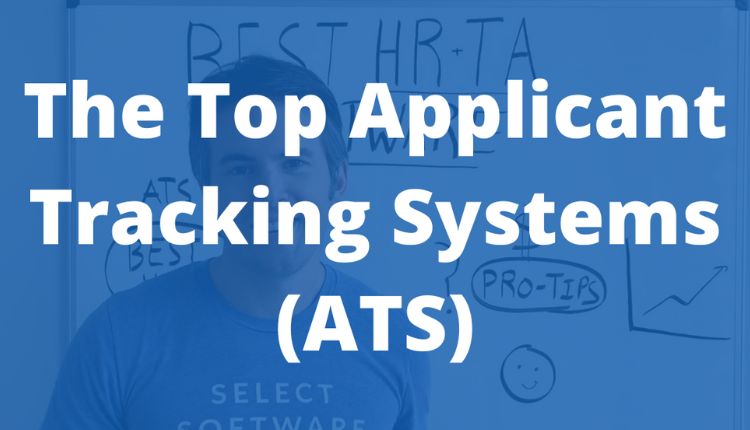Introduction
In today’s competitive job market, organizations rely on efficient recruitment processes to attract and select the best candidates. One technology that has revolutionized the recruitment industry is Artificial Intelligence (AI). AI plays a crucial role in modern Applicant Tracking Systems (ATS), transforming the way organizations manage their hiring processes. In this article, we will explore the significant role of AI in modern ATS platforms and how it enhances recruitment outcomes.
Resume Screening and Candidate Matching
One of the key functions of an ATS is to screen resumes and match candidates to job requirements. AI-powered ATS platforms leverage machine learning algorithms to automate the resume screening process. These algorithms analyze resumes, extract relevant information, and match candidates to specific job criteria. AI enables faster and more accurate screening, saving recruiters valuable time and effort.
Natural Language Processing (NLP) for Semantic Analysis
AI-powered ATS platforms utilize Natural Language Processing (NLP) to understand and analyze the content of job descriptions and candidate resumes. NLP algorithms enable semantic analysis, allowing ATS platforms to comprehend the meaning and context of words and phrases. This advanced understanding helps in precise candidate matching, ensuring that the right candidates are identified for each role.
Automated Candidate Engagement
AI-powered ATS platforms employ intelligent chatbots and virtual assistants to automate candidate engagement. These chatbots interact with candidates, answer their queries, provide updates on application status, and even conduct initial screenings. Automated candidate engagement enhances the candidate experience, ensures timely communication, and allows recruiters to focus on more strategic aspects of the hiring process.
Predictive Analytics for Informed Decision-Making
AI-driven ATS platforms leverage predictive analytics to assess candidate suitability and make data-driven hiring decisions. By analyzing historical data and candidate profiles, these systems can predict a candidate’s potential success in a specific role. Predictive analytics enable recruiters to make informed decisions and identify the most qualified candidates, leading to better hiring outcomes.
Bias Detection and Mitigation
Unconscious bias can hinder diversity and fairness in the recruitment process. AI-powered ATS platforms employ bias detection algorithms to identify and mitigate potential biases in job descriptions, resume screening, and decision-making processes. By bringing biases to light, these systems help organizations promote diversity and inclusion, ensuring fair and unbiased hiring practices.
Continuous Learning and Improvement
AI-driven ATS platforms have the capability to continuously learn and improve through machine learning algorithms. These systems analyze recruitment data, identify hiring patterns, assess the effectiveness of sourcing channels, and recognize successful candidate profiles. By gathering insights from data, ATS platforms provide recommendations to optimize recruitment strategies, leading to continuous improvement and better hiring outcomes.
Conclusion
Artificial Intelligence plays a pivotal role in modern Applicant Tracking System, revolutionizing the recruitment process. AI-powered ATS platforms streamline resume screening, enhance candidate matching, automate candidate engagement, and provide predictive analytics for informed decision-making. Additionally, these systems detect and mitigate biases, promoting diversity and fairness in hiring. With continuous learning capabilities, AI-driven ATS platforms enable organizations to optimize their recruitment strategies and attract top talent. As the competition for skilled candidates intensifies, leveraging AI in Applicant Tracking Systems has become crucial for organizations looking to stay ahead in the hiring game and build a talented and diverse workforce.

